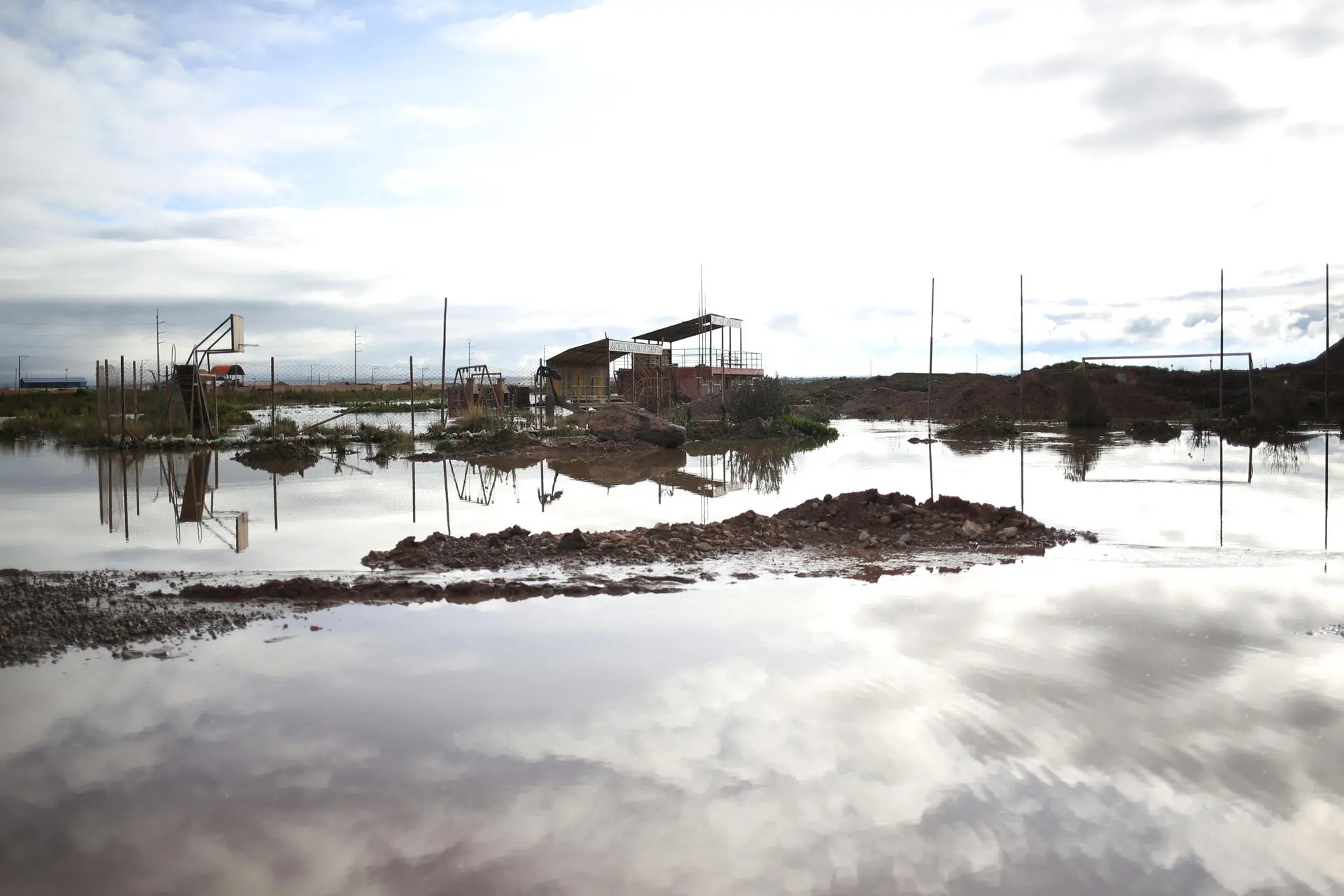Bolivia Warns of Possible Global Recession Due to U.S. Tariffs

Photo: Archive/EFE
April 7, 2025 Hour: 5:02 pm
In recent weeks, the international economic landscape has become increasingly fraught with tension, particularly following the announcement of new tariffs imposed by the United States.
President Luis Arce of Bolivia has voiced his strong opposition to these measures, arguing that they are not only politically motivated but also lack technical justification.
Arce’s remarks shed light on the potential ramifications of U.S. tariffs, which he warns could lead to a global recession, affecting countries far beyond America’s borders.
The Economic Rationale Behind U.S. Tariffs
The tariffs introduced by the U.S. government have raised eyebrows internationally. Arce has emphasized that they stem from political motives rather than solid economic analysis.
According to the Bolivian leader, such decisions tend to disregard the interconnectedness of the global economy.
By imposing tariffs, the U.S. government risks provoking retaliatory measures from other nations, further destabilizing international trade and cooperation.
Arce stated in a recent press conference, “It is very likely that there will be worldwide consequences from these tariffs. What is being done from the United States may well lead to a global recession, especially as emerging economies display their growing potential.”
Bolivia’s Strategic Shift Towards Emerging Markets
In light of the precarious situation, President Arce highlighted Bolivia’s commitment to redirecting its commercial focus. Instead of relying on traditional markets, notably the U.S., Arce pointed out that Bolivia has facilitated access to the BRICS nations—Brazil, Russia, India, China, and South Africa.
As of January 1st, Bolivia officially became a partner state of BRICS, signaling a significant shift in its foreign trade policy.
“Our vision is to look to the region,” said Arce, advocating for strengthening ties with emerging economies instead of aligning merely with countries that impose tariffs detrimental to global commerce.
This pivot not only diversifies Bolivia’s economic partnerships but also aims to reduce reliance on conventional trading partners, thereby enhancing the resilience of its economy.
Bolivia’s integration into the BRICS bloc represents a strategic opportunity to expand its export horizons significantly, ensuring sustained economic growth even amid global uncertainties.
Evaluating Investment Across Key Sectors
Bolivia’s economy is multifaceted, and the impact of U.S. tariffs can be felt across several critical sectors. Recent reports show a significant drop in investment, particularly in mining, which saw a staggering 87% decline compared to the previous year.
The total investment fell from USD 198 million in 2023 to just USD 25 million, indicating that the sector is struggling to attract capital in an increasingly hostile economic climate.
Conversely, there has been substantial investment in infrastructure, particularly in transportation, storage, and telecommunications, which received USD 102.6 million.
Additionally, the commerce sector saw an influx of USD 70 million, highlighting areas of growth within the economy despite the overarching challenges posed by external tariffs.
These investment figures reflect Bolivia’s attempts to bolster its domestic capabilities while pivoting towards more favorable economic partnerships.
The Path Forward for Bolivia and Beyond
As Bolivia navigates the choppy waters of international trade amid U.S. tariffs, the emphasis on forging connections with emerging markets offers a promising avenue for future growth.
President Arce’s proactive approach showcases Bolivia’s determination to maintain economic stability while resisting the detrimental effects of unilateral tariff measures.
While it remains to be seen how the global economy will react to these changes, one thing is certain: the interconnected nature of today’s world demands a collaborative approach to trade, where countries work together rather than isolate themselves through economic barriers.
Whether or not Arce’s warnings about a potential global recession come to fruition may depend on how quickly countries adapt and seek innovative solutions to foster international cooperation and trade.
Bolivia’s experience serves as both a cautionary tale and a guide for other nations facing similar challenges.
By diversifying trade relationships and investing strategically in their economies, countries can better safeguard themselves against the unpredictable tides of global economic policies.
The key to thriving in an evolving landscape lies not just in resilience but in the ability to forge new paths amidst adversity.
Autor: MFD
Fuente: teleSURtv






